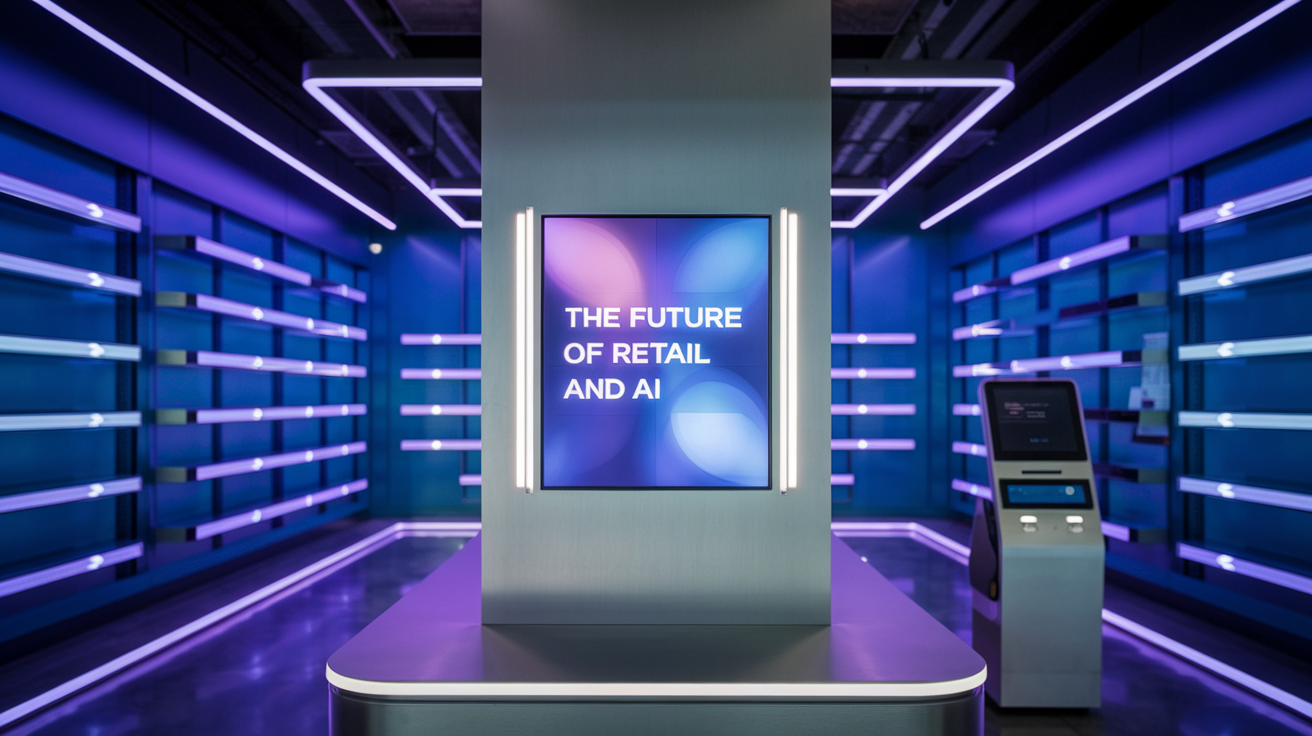
-
Predictive Shopping Experiences: LLMs will enable retailers to anticipate customer needs, providing personalized recommendations before users even search for products. By analyzing purchase patterns and browsing behavior, AI can proactively suggest relevant products, making shopping more intuitive and efficient.
-
Dynamic Content Adaptation: AI will generate customized landing pages, emails, and promotions tailored to individual shoppers based on real-time behavior. This will ensure that customers receive relevant content, enhancing engagement and conversion rates
-
Hands-Free Shopping Experiences: Voice assistants powered by LLMs will facilitate voice-activated product searches and purchases, making online shopping more intuitive and accessible.
-
Conversational AI for Retailers: Businesses will deploy LLM-powered assistants that engage with customers in a natural, human-like manner, increasing conversion rates and improving customer support
-
Image-Based Product Discovery: Customers will be able to upload images to find similar products instantly, streamlining the shopping journey.
-
Integration of Text and Visual Inputs: Multimodal LLMs will combine text and images to provide more precise search results and recommendations, enhancing the shopping experience.
-
Understanding User Intent: LLMs will refine search algorithms to interpret vague or complex queries, delivering more accurate results that align with customer needs.
-
Improved Search Recall: AI-driven search systems will suggest relevant products users might not have initially considered, increasing discovery rates and optimizing the shopping experience. (WNS)
-
Competitive Pricing Strategies: LLMs will analyze market trends, competitor pricing, and consumer demand to recommend optimal price adjustments, ensuring competitive advantage.
-
Real-Time Discount Customization: AI-powered tools will generate personalized discount offers based on customer shopping behaviors and preferences, enhancing engagement and boosting sales. (RetailTenants)
-
Bias in AI Models: LLMs must be trained on diverse datasets to ensure fairness in product recommendations. If AI is trained on limited or unrepresentative data, it may unintentionally favor certain demographics, leading to exclusion or skewed results. Retailers must implement robust auditing mechanisms to identify and correct biases in AI-driven systems.
-
Clear AI Policies: Retailers must disclose how AI is used in customer interactions to build trust and maintain ethical standards. Transparency in AI decision-making helps customers understand how recommendations are generated, ensuring greater confidence in AI-driven retail experiences. (TalkDesk)
- Handling Large-Scale Data Processing: As eCommerce expands, LLMs must efficiently process vast amounts of data without compromising performance. Effective data management strategies will be critical in ensuring AI’s responsiveness and accuracy
- Maintaining System Reliability: Retailers must ensure that AI-driven systems remain robust and adaptable to changing market conditions. AI infrastructure should be scalable and resilient to handle fluctuations in demand and evolving consumer trends

Posted by PDI Marketing Team
Pacific Data Integrators Offers Unique Data Solutions Leveraging AI/ML, Large Language Models (Open AI: GPT-4, Meta: Llama2, Databricks: Dolly), Cloud, Data Management and Analytics Technologies, Helping Leading Organizations Solve Their Critical Business Challenges, Drive Data Driven Insights, Improve Decision-Making, and Achieve Business Objectives.




